As the U.S. Department of Health and Human Services Office of the Inspector General (“HHS-OIG”) noted, “[i]t is important that new policies and technologies with potential to improve care and enhance convenience achieve these goals and are not compromised by fraud, abuse, or misuse.” As part of its Work Plan, HHS-OIG issued Report No. OEI-02-22-00150, which has a reported issue date in 2023. As part of their compliance program, providers and business associates should incorporate telehealth into their policies and procedures and annual HIPAA risk analysis. As HHS stated, “[i]f telehealth cannot be provided in a private setting, covered health care providers should continue to implement reasonable HIPAA safeguards to limit incidental uses or disclosures of protected health information (PHI).” Reasonable safeguards include technical, administrative, and physical safeguards, which every person should be evaluating on the respective annual risk analysis.
HHS-OIG is not the only government agency looking at telehealth. On April 21, 2022, the United States Department of Justice (“DOJ”) announced that “[a]n indictment was unsealed today in federal court in Brooklyn charging Elemer Raffai, an orthopedic surgeon, with health care fraud in connection with a $10 million scheme involving the submission of false and fraudulent claims in Medicare and Medicare Part D plans.”This matter focuses on the payment of kickbacks by telemedicine companies to a physician, who in turn allegedly submitted millions of dollars in false and fraudulent claims to Medicare on behalf of beneficiaries without even examining them or based on conversations on the phone that lasted less than three minutes.” For $25 to $30 per patient, the physician and other allegedly caused the submission of false and fraudulent claims.
This begs the question – was it worth it? This physician and other could, if they are found guilty or enter a guilty plea, be sentenced under the Federal Sentencing Guidelines. Additionally, their participation in government programs could be revoked or excluded. Having a robust compliance program in place that strives to cultivate a culture of compliance is critical to mitigating fraud.
15% Off Medical Practice Supplies
VIEW ALL
 Manual Prescription Pad (Large - Yellow)
Manual Prescription Pad (Large - Yellow) Manual Prescription Pad (Large - Pink)
Manual Prescription Pad (Large - Pink) Manual Prescription Pads (Bright Orange)
Manual Prescription Pads (Bright Orange) Manual Prescription Pads (Light Pink)
Manual Prescription Pads (Light Pink) Manual Prescription Pads (Light Yellow)
Manual Prescription Pads (Light Yellow) Manual Prescription Pad (Large - Blue)
Manual Prescription Pad (Large - Blue)__________________________________________________
Appointment Reminder Cards
$44.05
15% Off
$56.30
15% Off
$44.05
15% Off
$44.05
15% Off
$56.30
15% Off


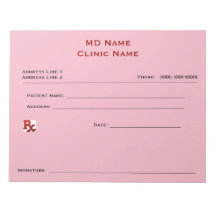
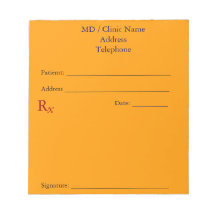
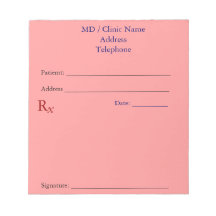
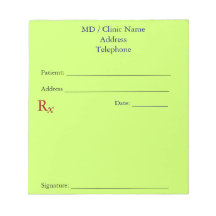
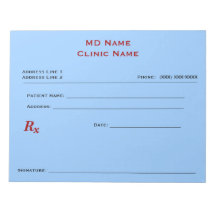






No comments:
Post a Comment